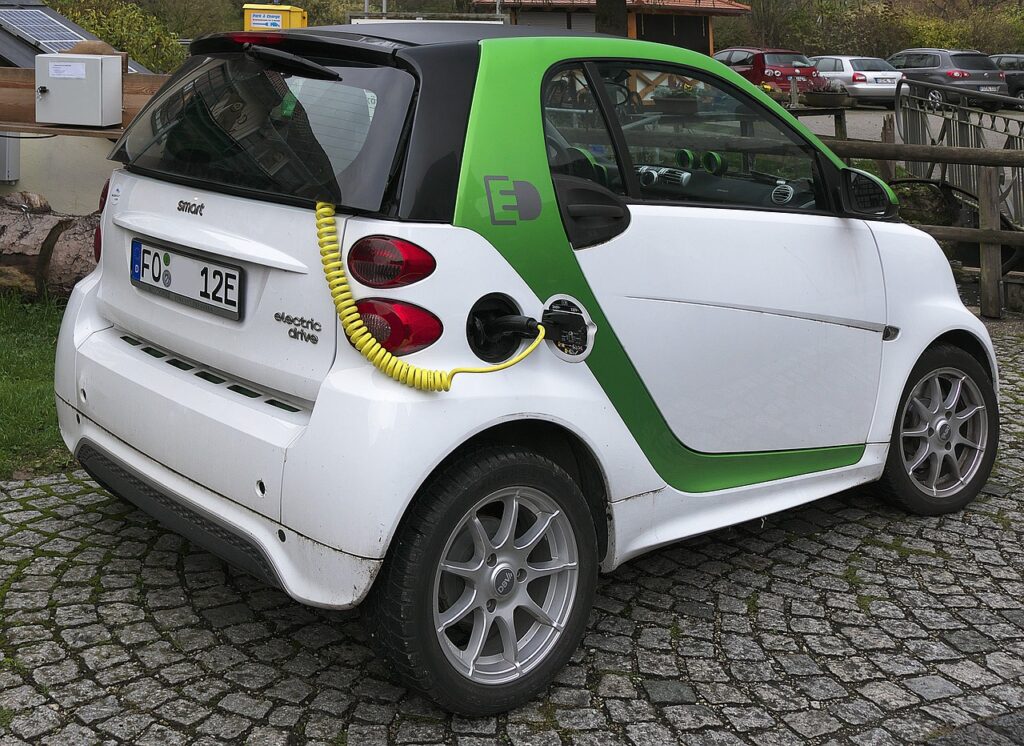A Closer Look at Lithium Battery Recycling
The buzz around electric vehicles (EVs) is undeniable, and it feels like we’re at the cusp of a major shift in the automotive industry. As a dedicated environmentalist, I couldn’t help but be reminded of the “biggest revolution in motoring since Henry Ford’s first production line started turning back in 1913.”
It’s fascinating to see how quickly things are changing. Just take a glance at your TV, and you’ll notice car manufacturers from all corners of the globe promoting hybrid and electric vehicles. This shift isn’t just a trend; it signifies a turning point where EVs are becoming the norm. Jaguar plans to exclusively offer electric cars starting in 2025, followed by Volvo in 2030 and Lotus in 2028.

We can draw parallels between the rapid adoption of electric vehicles and the explosive growth of the internet. Much like the internet transformed the way we live and work, the EV market could undergo a similar transformation, catching many of us off guard.
While this article dives into manufacturing and sales trends, there’s an aspect that’s often overlooked—the end of the road for these EVs.
Currently, when conventional petrol and diesel cars reach the end of their lives, they’re either sent back to manufacturers, and specialized facilities or sold to scrap yards for dismantling and recycling. But electric cars introduce a unique challenge—the disposal of their “lifeblood,” the lithium-ion battery.
Lithium-ion batteries demand specialized handling due to their potential hazards. Yet, they hold enormous potential for recycling. To truly make EVs the environmentally friendly choice, we must harness the recycling potential of these batteries. Additionally, we need to consider the costs associated with lithium battery disposal.
Unlike traditional vehicles, which can fetch some value for their parts, electric vehicles come with the expense of lithium battery disposal. Those who find themselves at the end of the road with an electric vehicle must navigate the intricate process of safely disposing of lithium batteries, which involves costs for storage, transport, and proper disposal. As the EV market expands, the demand for lithium battery disposal will soar.
While the number of end-of-life EVs may be relatively low today, this won’t be the case in the near future. Industry stakeholders must address this challenge proactively. Collaborating with a specialized lithium battery recycling organization is a prudent move.

At scrap my car, we understand the complexities involved in disposing of vehicles, especially in the context of the evolving automotive landscape. As electric vehicles (EVs) gain traction and traditional cars continue to retire, we’ve adapted our services to meet the changing needs of our clients.
As the EV revolution gains momentum, we’re already partnering with leading car manufacturers, research facilities, and scrap yards. They recognize the pivotal role of EV recycling in shaping a sustainable future. To stay ahead of the curve and play your part in a greener tomorrow, explore your options with ScrapMyCar.net
